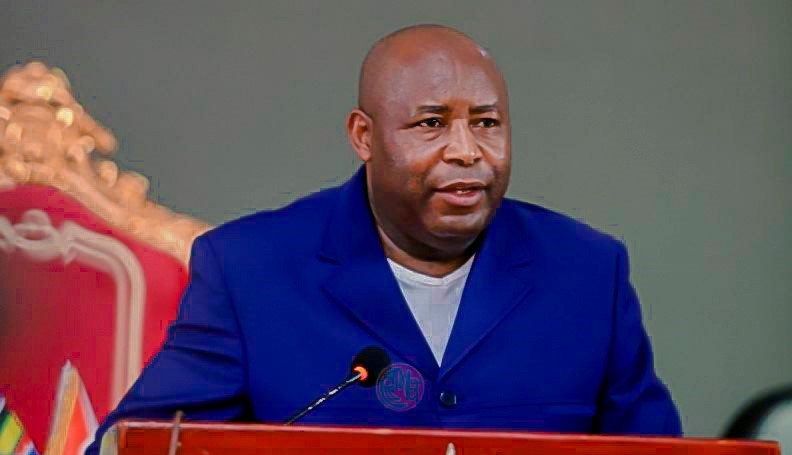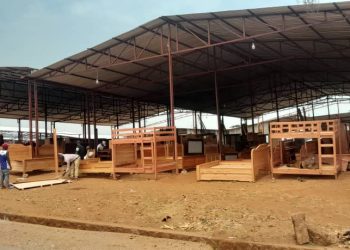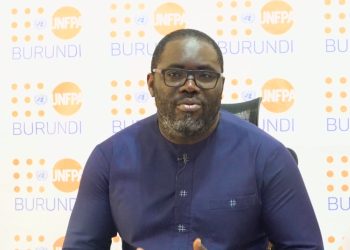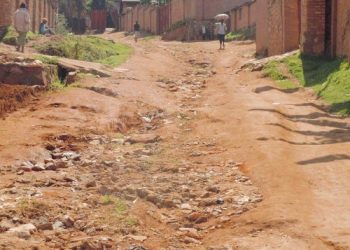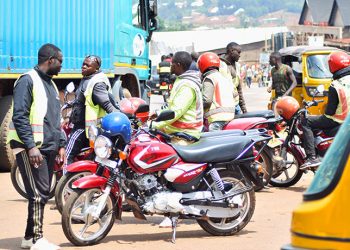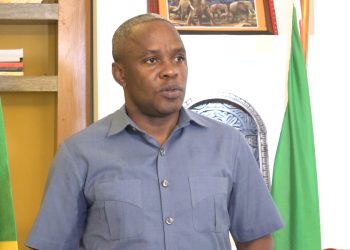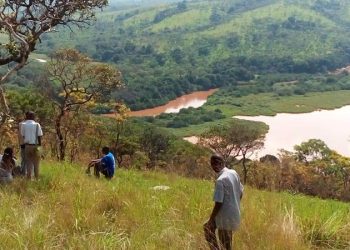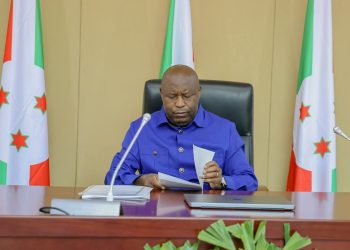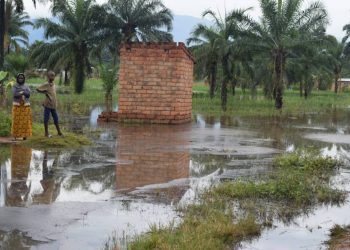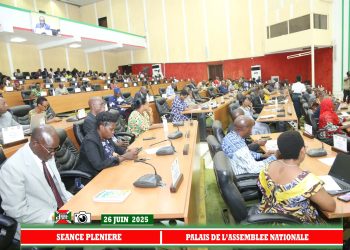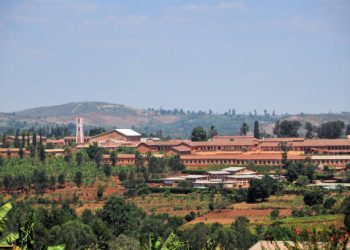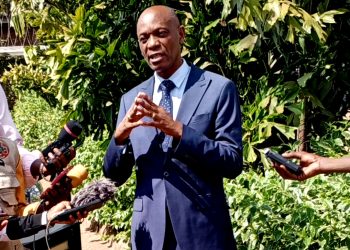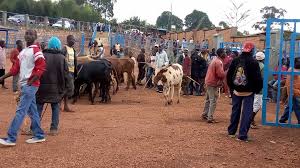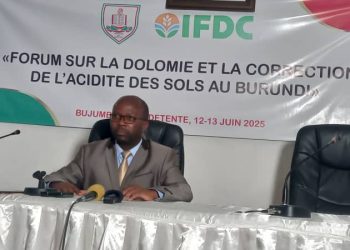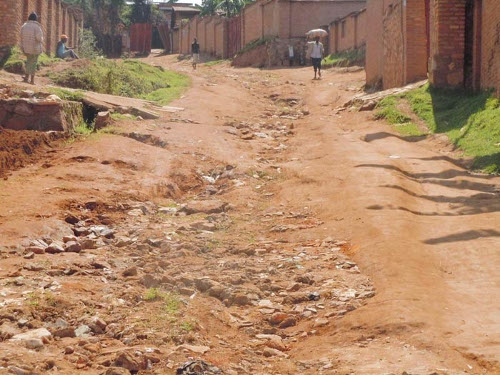The domestic private sector shows positive dynamics. Since 2014, the number of projected jobs increased from 51,465 to 380,090 in 2021, while the number of registered companies increased from 4,214 to 26,762. Despite positive vibes, a challenging business environment that calls for effective structural reforms still hinders its full economic upturn, according to the Country Private Sector Diagnostic (CPSD).
“Every pocket deserves coins, every mouth deserves food,” Evariste Ndayishimiye, Burundi president’s slogan to inspire citizens to end poverty through hard work. Gervais Ndirakobuca, the Prime Minister backs him, saying, “No longer do we fight guns, but poverty.”
In this framework, the government of Burundi, in collaboration with the World Bank Group and the International Finance Corporation, hosted the country’s first-ever private sector forum on November 2, 2022, at Hotel Club du Lac Tanganyika.
In his poignant opening remarks, President Ndayishimiye stated that the forum is a significant opportunity to bring together the country’s economic key players to discuss the private sector’s developmental strategies.
In this regard, he urged everyone to focus on improving their businesses to bridge a huge gap, which, according to the Institut de Statistiques et d’Etudes Economiques du Burundi (ISTEEBU), lies between BIF 659,7 billion of imports valued and BIF 68,4 billion of exports. The Head of state also warned those who manufacture and sell health-harming products that they are no different from witches.
On the other hand, the World Bank’s Director of Operations in charge of Burundi, Albert G. Zeufack, stated that the forum is an unrivaled opportunity to disseminate the CPSD, a document elaborated in collaboration with the government of Burundi, the World Bank, and International Finance Corporation team.
“The purpose of the Burundi Country Private Sector Diagnostic (CPSD) is to identify market opportunities that are most likely to materialize in the short to medium term, and reforms that could remove the binding constraints to private sector growth and drive economic transformation. By identifying sector-specific areas for action that can be jointly addressed by the government, donors, and the private sector, the Burundi CPSD hopes to support the development of high-value and competitive sectors. Demonstrating that change is possible and that markets and jobs can be created in two to five years will give momentum and provide ‘proof of concept’ that economic transformation can happen in Burundi,” the World Bank official noted.
According to Burundi – 2012-2016 – Document de stratégie pays, the lack of adequate infrastructure, particularly electricity access and poor road network, presents a significant challenge to the domestic private sector.
An unstable political landscape, corruption, a weak judicial system, a shortage of a qualified workforce, and difficulties in obtaining seed funding, grants, and loans are other factors contributing to the above-cited challenge.
A report on global competitiveness ranked the East African country 142nd out of 142, and 169th out of 183 in the Doing Business Report.
The CPSD emphasizes that Burundi’s private sector suffers from unfinished business climate reforms. This has resulted in economic asset concentration, weak competition, and a high degree of informality. These factors did not encourage the efficient, productive use of resources and left investors vulnerable to economic and political risks.
The low use of modern technology is another challenge that binds Burundi’s private sector. Burundi is one of the late adopters of modern technology compared to other countries in the region. For this reason, Burundi’s economy has a long heritage of traditional industries. Low productivity levels, ineffective supply chain management, and technological diffusion are no secret.
In addition, unemployment is a major social issue, especially for women and the youth. According to the Bureau of Labor Statistics, Country Private Sector Diagnostic (CPSD), the joblessness rate for non-active job seekers rose from 2.4 to 7.8 percent in 2014-2017.
Bujumbura, the economic capital of Burundi, is the most severely affected by unemployment which increased from 20 to 32.9 percent (World Bank 2019a).
In order to address the high unemployment rate, the country needs more private sector investment to create jobs and break out of the poverty and fragility cycle. 87 percent of Burundians are trapped in unproductive, non-wage jobs and have no access to sustained sources of income. Of the working-age population (15–64), 23 percent are inactive, including 40 percent of underemployed or inactive youth ages 15.24-23.23.
Despite challenges hindering the entire economic transformation, structural reforms which the government of Burundi has been implementing for a decade, are yielding positive results to the private sector’s development. Structural reforms even predict rapid economic growth.
In 2012, the government established the Agence de Développement du Burundi (ADB) working to facilitate business registration. The agency has yielded remarkable results. As a matter of fact, the number of projected jobs increased from 51,465 in 2014 to 380,090 in 2021, while the number of registered companies increased from 4,214 to 26,762, the same period. To keep the ball rolling, it has recently introduced an online business registration system.
Another substantial reform is the creation of the Programme d’Autonomisation Économique et d’Emploi des Jeunes (PAEEJ-Burundi). The program, translated as the Economic Empowerment and Youth Employment Program, was materialized by the Decree No. 100-273 of December 6, 2021. The government of Burundi initiated it with the ambitious goal of addressing youth unemployment.
As the PAEEJ explores its goals, it must grapple with pressing issues such as human capital development, the export gap, youth unemployment, population well-being, and agro-food processing.
It also aims to promote patriotism and youth empowerment in order to achieve a balanced, inclusive, participatory economic growth model that leaves no one behind. The goal is to ensure everyone has access to food and financial resources.
Within the first year of operations, 866 cooperatives and 375 small-to-medium-sized businesses were established thanks to funding and mentoring from PAEEJ. It has created 178 actual jobs and 21,320 prospective jobs. The overall cost of the aforementioned accomplishments came to BIF 13,332,667,003, or 33.3% of BIF 40,402,0221,221.212 in total funding. Professor Désiré Manirakiza, the national coordinator of PAEEJ, mentioned this during the second youth forum (Youth Impulse 2022, 2nd Edition) from 15 to 16 September in Karusi Province.
Another major reform is the establishment of an investment Bank for Youth (BIJE-BURUNDI) which offers capital in loans with affordable interest rates to youth-led companies. Making loans accessible for young people is a crucial step in lowering poverty since the number of unemployed people under 35 years of age is three times larger than that of working individuals in the same age group.
To achieve an economic upturn in Burundi, the domestic private sector needs to play a critical role. Henceforth, the government, donors, and private investors must concentrate on structural reforms that lay the groundwork for the three factors that drive private sector growth (state-owned enterprises (SOEs), foreign direct investment (FDI), and small and medium enterprises (SMEs). Additionally, other sectoral improvements in the financial services and agribusiness sectors could benefit other industries.
By Avit Ndayiziga.

